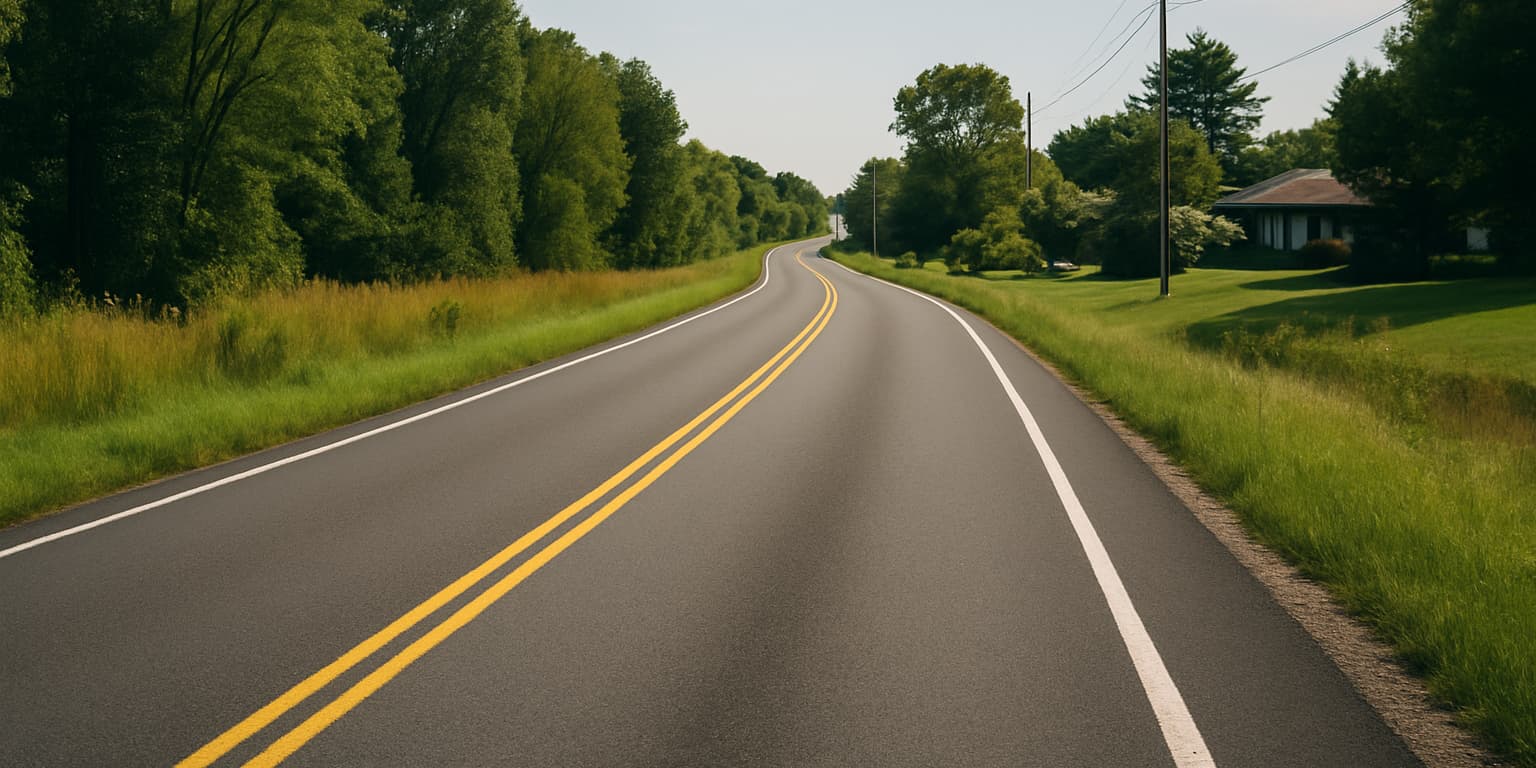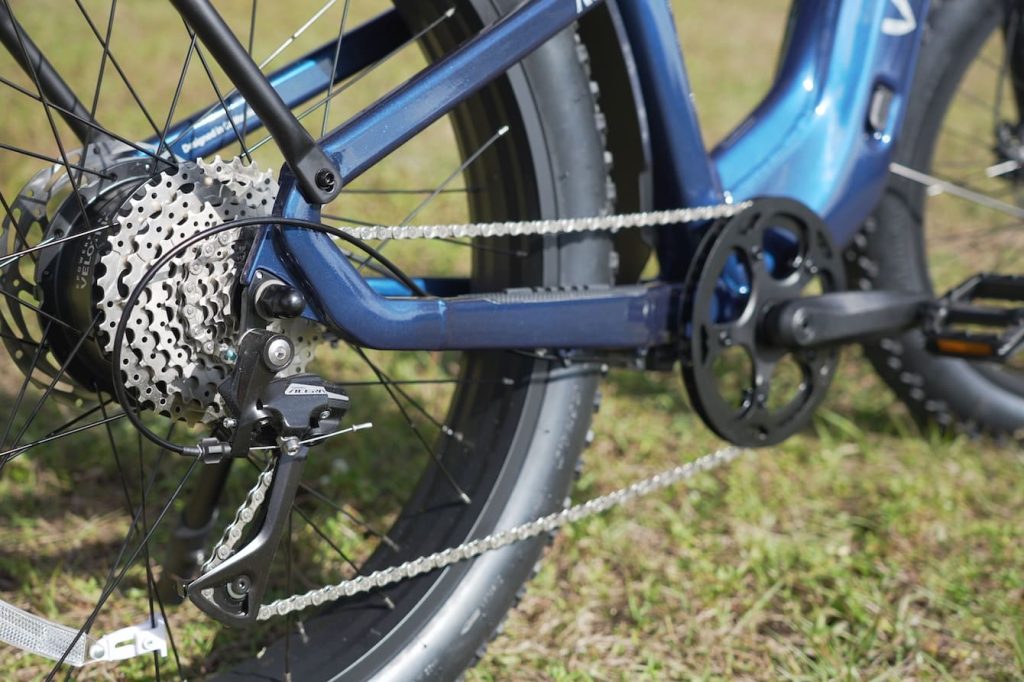
Electric bikes are booming in popularity in just about every demographic in the US. From teens riding to school all the way to elderly folks getting back on a bicycle for the first time in years, electric bikes are becoming ubiquitous. But as speeds and power levels have increased, Connecticut is responding with new laws.
Westport Police Lt. Serenity Dobson recently spoke to CTInsider about the phenomenon of more teens riding their e-bikes to school instead of being driven by their parents. “The whole entire bike rack is filled with these bikes that look like electric dirt bikes.”
Moped-style e-bikes have become increasingly popular with teens, with companies like Super73 ushering in a new wave of electric bikes with design cues borrowed from classic mopeds of decades past.
But Dobson says that these e-bikes are too easily modifiable, increasing speed and motor power past acceptable limits.
“These bikes come stock at 30 mph, but you can cut the controller, and so then they can go 60, 70 mph, and the kids know how to do this,” Dobson said, adding that there has been a “huge increase in middle school-aged kids” riding e-bikes, particularly in the summer when school is out. “There are a lot of YouTube videos where it can show you how easy it is for someone to modify it.”
It’s not clear that such speeds are actually capable on stock parts from nearly any electric bicycle, and legal electric bikes are not capable of exceeding either 20 or 28 mph, depending on their classification, but Dobson may be referring to Sur Ron-style electric motorbikes, which are off-road electric motorcycles that look like small dirt bikes.

Connecticut already uses the common three-class system that codifies legal e-bikes as up to 20 mph (32 km/h) and 750W (one horsepower) for Class 1 and 2, or up to 28 mph (45 km/h) for Class 3 e-bikes.
But now the state is updating its e-bike laws, adding that any e-bike with over 750W of power will be considered a “motor-driven cycle” and require a driver’s license. Over 3,500W? That will be considered a motorcycle and require a motorcycle endorsement to legally ride, as well as registration and insurance like a motorcycle.
The new laws are expected to come into effect in October.
FTC: We use income earning auto affiliate links. More.













